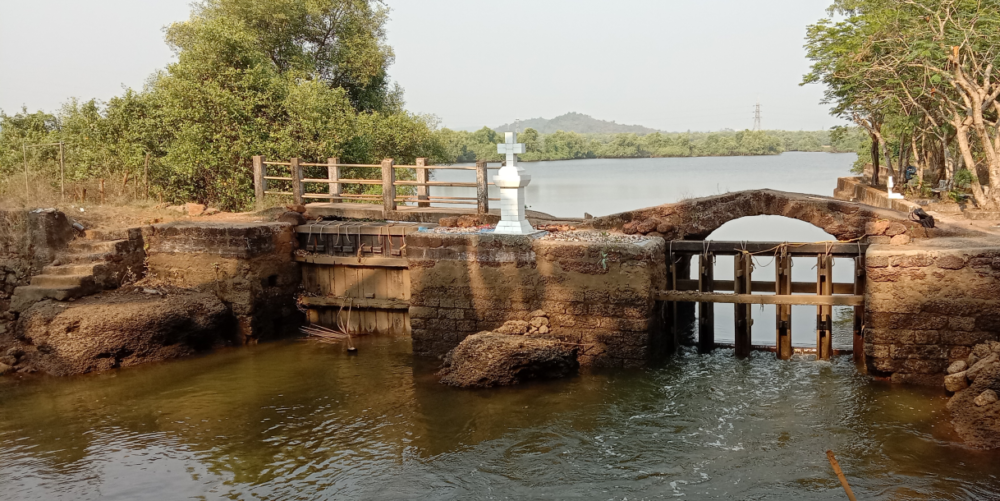By Neena Bhandari
Sydney, 04.04.2024 (IPS): Growing up in a khazan ecosystem, the traditional agricultural practice followed in the south-western Indian state of Goa, Elsa Fernandes would love sitting in a koddo, a woven bamboo structure for storing paddy. Her family members would pour paddy around her and with the growing pile, she would rise to the top and then jump down with joy.
“Rice crop for us meant play, work and earnings. Whatever I am today is because of the khazans,” says Fernandes, an environmental architect and president of the Goa Khazan Society, an organization of concerned citizens and experts dedicated to preserving the khazan ecosystem.
The khazan ecosystem has played an intrinsic role in alleviating the effects of soil salinization, conserving biodiversity, and ensuring food security for over 3500 years. But this sustainable agriculture practice is facing increasing pressure from neglect, mismanagement, environmental degradation, and commercialization of land and fishing rights, even as threats posed by climate change loom large.


